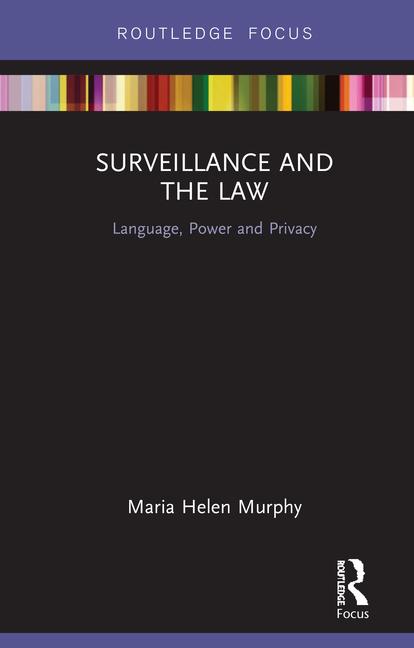The good will value of any business is the value that results from the probability that old customers will continue to trade with an established concern. The Oklahoma statutes further state that the purpose of the statute is to allow parties to the transfer of a going business to mutually agree, as part of the value of the business transferred, that the transferee will be protected from his transferor who might use his previously acquired experience, contacts and expertise to promote his own interest in the same field of business in competition with his transferee.
The District Court found that the agreement was reasonable as to the scope and enforceable under Delaware law and denied the plaintiff, seller’s, summary judgment motion. The court granted the defendant, buyer’s, countermotion for summary judgment.
The court determined that the covenant period of five years (in view of the fact that the plaintiff’s employment lasted for two years, the effective term of the NCA was actually three years), was reasonable and was also reasonable as far as its geographic coverage.
The court further concluded that the purpose and operation of the NCA reasonably protected the legitimate interest of the defendant without creating a monopoly in the marketplace and that the defendant has legitimate economic interest it seeks to protect through the enforcement of the NCA. Under the NCA the plaintiff is prohibited from engaging in certain activities, such as financial, management or employment connections with competing businesses, interference with existing employees or customers of the defendant, and solicitation of defendant’s customers. These prohibitions, while broad, are intended to protect the legitimate economic interest of the defendant in preserving the value and good will of its investment, as well as the retention of its employees and customers, free from improper influence by the plaintiff. These prohibitions provide the defendant with the opportunity to develop its investment, including, employees and customers, without the fear of the plaintiff taking action which would cause a depreciation of the company’s value.
This type of NCA as to duration, territory and scope, is authorized by Delaware law and does not violate the public policy of Oklahoma law. Therefore, the court upheld the validity of the NCA and rejected the plaintiff’s request for declaratory relief.


